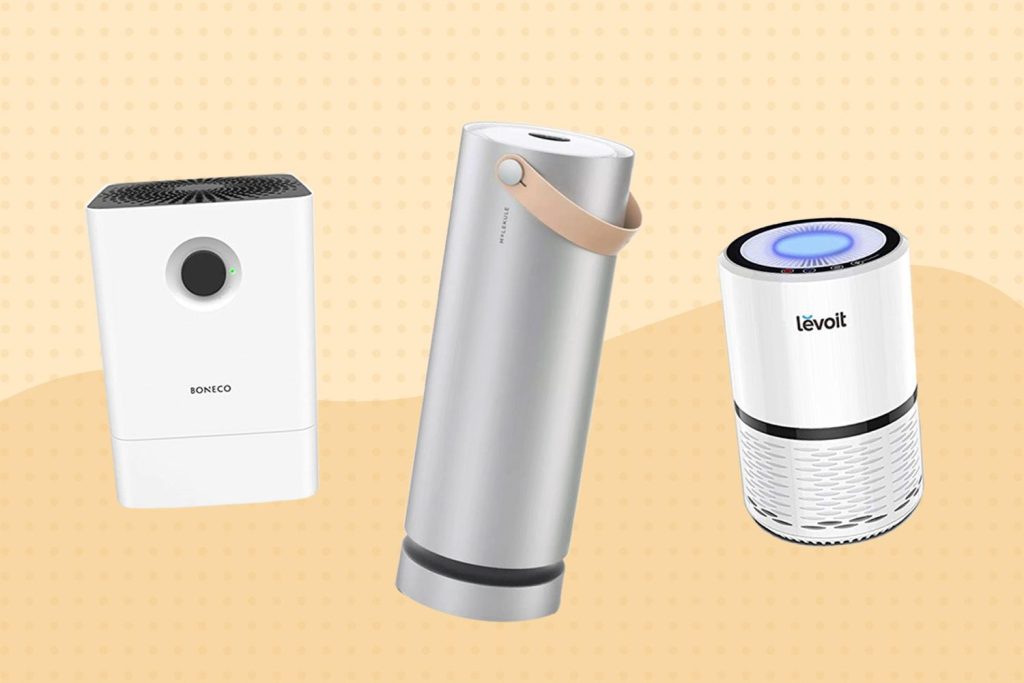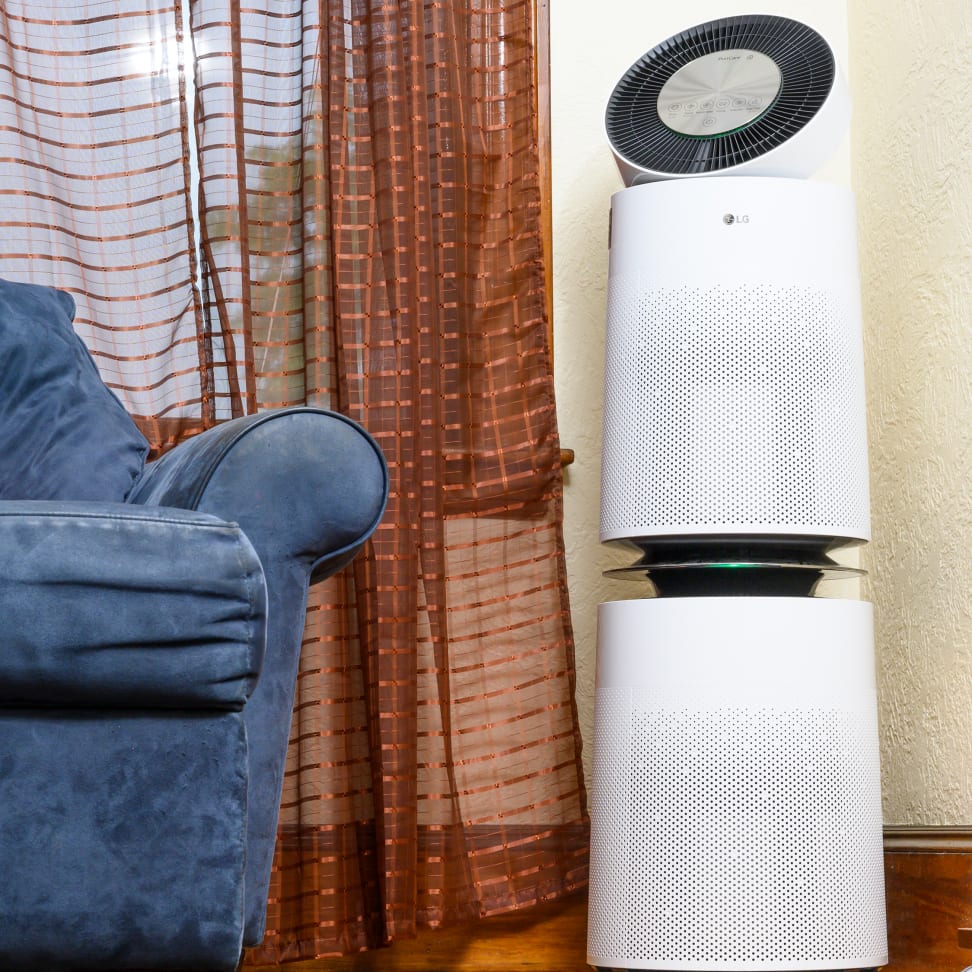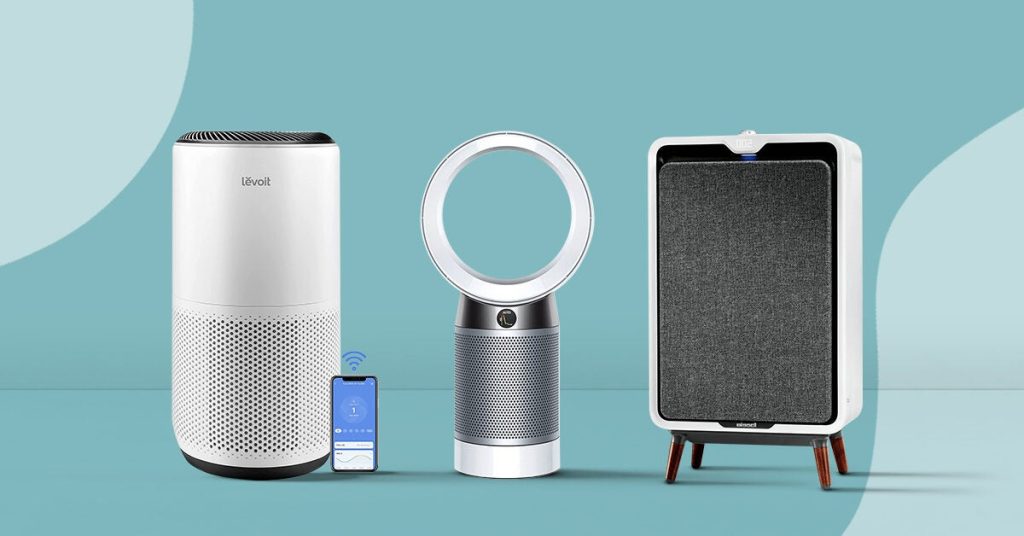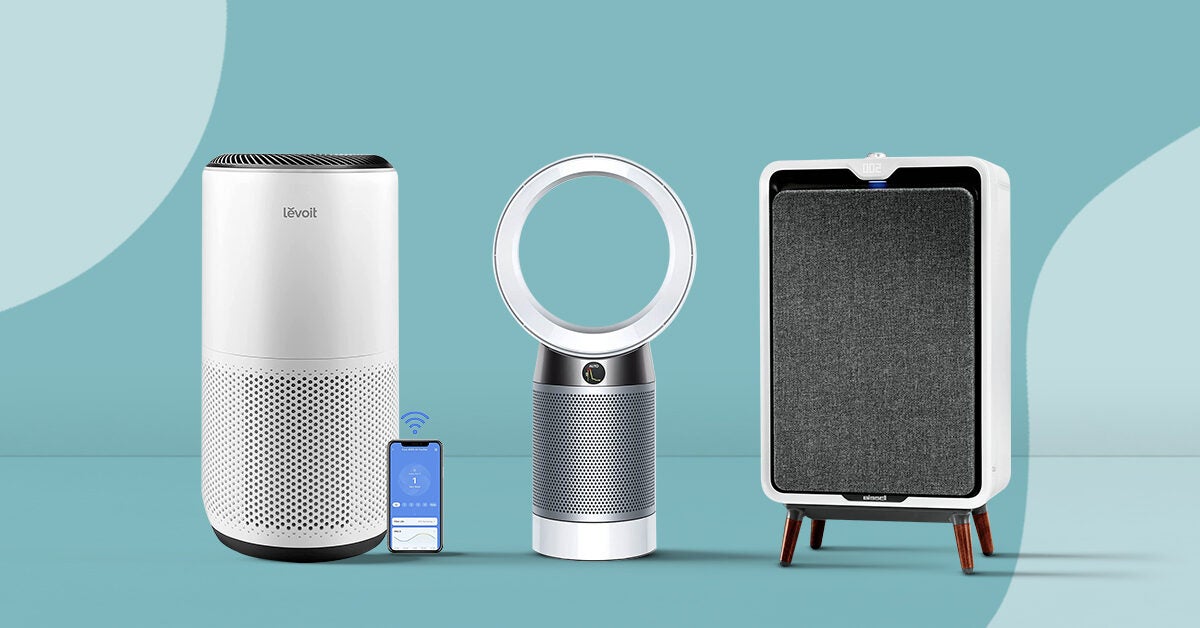You know how painful seasonal allergies brought on by outside pollen can be if you’ve ever experienced them. Constant sneezing, itchy eyes, and congestion might make it difficult for you to enjoy being outside. However, may air purifiers provide any solace? In this essay, we’ll investigate if air purifiers can lessen seasonal allergy symptoms brought on by exposure to outdoor pollen. Continue reading to find out if air purifiers are the answer you’ve been looking for if you’re sick of feeling like a runny-nosed mess every spring.
What are seasonal allergies?
Definition
Hay fever and allergic rhinitis are other names for allergy reactions that only manifest during certain seasons of the year, typically in the spring, summer, or fall. Outdoor pollen is one of the main environmental triggers for these allergies, along with other variables.
Symptoms
A variety of symptoms brought on by seasonal allergies can have a big impact on your everyday life. Sneezing, runny or stuffy nose, itchy or watery eyes, coughing, and exhaustion are typical symptoms. Additionally, some people might feel nasal pressure, headaches, or worsened asthma symptoms.
Causes
Seasonal allergies are frequently brought on by outdoor pollen. Trees, grasses, and weeds release pollen, which is a fine powder, as a byproduct of their reproductive activity. An allergic person experiences allergy symptoms when pollen gets into their eyes or nasal passages because it sets off an immunological reaction that releases histamines, which are responsible for the symptoms. Depending on the time of year and the location, different types of pollen might cause allergies.
What is outdoor pollen?
Definition
The tiny grains that plants release into the air are referred to as outdoor pollen. These grains serve as the source of fertilization for other plants in the same species since they contain the male reproductive cells of plants. Outdoor pollen, however, can irritate people who have seasonal allergies and cause allergic reactions.
Sources
Numerous plants produce pollen, but the majority of outdoor pollen comes from trees, grasses, and weeds. Depending on their reproductive cycles, different plants discharge pollen at various periods of the year. While grass and weed pollen can trigger allergies in the summer and fall, respectively, tree pollen is frequently a significant allergen in the spring.
Effects
Inhaling outdoor pollen might trigger allergy reactions in those who are prone to them. The immune system views the pollen as a danger and reacts by releasing histamines and other substances, which causes symptoms like runny nose, itchy eyes, and sneezing. Because it can easily enter indoor spaces, outdoor pollen can be a particular problem for people who spend a lot of time outside or with windows open.
How do air purifiers work?
Mechanism
With the help of air purifiers, indoor air quality can be improved by eliminating allergens and pollutants from the air. They function by sucking in air and filtering out pollutants and particles as they pass through a succession of filters. Following its release, the cleaned and fresher indoor air is returned to the space.
Types
There are numerous types of air purifiers that each employ different methods to remove contaminants. The High-Efficiency Particulate Air (HEPA) filter purifier is one popular model. Pollen, dust mites, pet hair, and mold spores are all captured by its thick filter, which can also capture particles as thin as 0.3 microns. The activated carbon purifier is another type that utilizes a porous carbon filter to absorb smells, pollutants, and volatile organic compounds (VOCs).
Effectiveness
Air purifiers have the potential to significantly reduce airborne allergens and enhance indoor air quality. Particularly effective at capturing 99.97% of particles, including pollen, are HEPA filters. However, a number of variables, like the size of the room, the air purifier fan’s power, and the upkeep of the filters, affect an air purifier’s efficacy.
Can air purifiers remove outdoor pollen?
Filtration capacity
HEPA air purifiers have a high filtration capacity and are very good at catching outside pollen. These filters are made to capture even the tiniest pollen grains, stopping them from moving through the interior air. You may dramatically lower the pollen levels indoors by continually using an air purifier with a HEPA filter.
Limitations
While air purifiers are good at removing pollen from the air outside, they are only useful inside. They are unable to actively remove pollen from outdoor air. Pollen can still enter the house through open windows and doors, triggering allergy problems. Furthermore, if the air purifier is too small for the space, it might not be able to filter the air as well or as quickly as needed.
Factors to consider
There are a number of things to consider before utilizing an air purifier to treat seasonal allergies brought on by outdoor pollen. These factors include the degree to which your allergies are severe, the specific types of pollen to which you are allergic, the size of the indoor space that needs to be cleaned, and the level of pollen exposure in your area. You can get helpful advice on how to choose the best air purifier for your requirements by speaking with a medical practitioner or an allergist.

How can air purifiers alleviate seasonal allergies?
Reducing indoor pollen levels
By lowering indoor pollen levels, air purifiers can aid with seasonal allergies. The majority of pollen particles can be caught and removed from the air by continually using an air purifier with a HEPA filter, reducing exposure and associated allergic reactions. This is especially advantageous for people who spend a lot of time indoors during pollen-heavy seasons.
Improving indoor air quality
In addition to removing other allergens and pollutants that may exacerbate allergy symptoms, air purifiers also remove pollen. These include pet dander, mold spores, dust mites, and other airborne contaminants. Air purifiers produce a cleaner, healthier environment by enhancing indoor air quality, which lowers the likelihood of allergies and the symptoms they cause.
Providing relief from symptoms
Seasonal allergy symptoms might be relieved by using air purifiers. Air purifiers successfully lessen the frequency and intensity of sneezing, nasal congestion, itchy eyes, and other symptoms by removing the allergens that cause allergic reactions. Many people discover that regular use of air purifiers considerably reduces their allergy problems.
Tips for selecting an air purifier for seasonal allergies
HEPA filter
It is essential to purchase an air purifier with a HEPA filter if you suffer from seasonal allergies. Pollen and other tiny particles can be effectively captured by HEPA filters. Look for air purifiers with HEPA filtration capabilities that are clearly mentioned in the product description or specifications.
CADR rating
The effectiveness of an air purifier’s ability to eliminate airborne contaminants is gauged by the Clean Air Delivery Rate (CADR). A higher CADR rating on an air purifier means that allergens, including pollen, will be removed more quickly and effectively. Typically, the CADR grade is given for several particle sizes, including dust, pollen, and smoke.
Coverage area
When choosing an air purifier, take the size of the area you wish to clean into account. From small rooms to larger settings, different air purifiers have different coverage regions. Make sure the air purifier you select is appropriate for the space in which you spend the majority of your time.
Noise level
Consider the noise level carefully, especially if you intend to use the air purifier in a bedroom or office. Find air purifiers with low noise ratings or that offer quiet operation. This makes sure that the purifier won’t interfere with your regular activities or sleep.
Maintenance requirements
For air purifiers to work properly, routine maintenance is necessary. Think about the air purifier’s maintenance needs, including how often and how much it costs to replace the filters. Making maintenance more simple and reasonable can be accomplished by choosing purifiers with readily available and reasonably priced replacement filters.

Other measures to reduce outdoor pollen exposure
Keeping windows closed
Keep windows and doors closed, particularly during times when outdoor pollen levels are at their highest. This lessens the possibility of allergic reactions by preventing pollen from entering the interior environment. Use air conditioners and air purifiers to circulate and clean the air indoors instead of other technologies.
Regular cleaning
Pollen buildup indoors can be reduced with regular cleaning. To get rid of pollen, frequently sweep floors, clean carpets, and collect furniture. In addition to air purifiers’ attempts to relieve seasonal allergies, this decreases the number of allergens in the indoor environment.
Pollen tracking apps
You can keep track of the pollen count in your neighborhood by using pollen tracking apps or websites. You may use these applications to help you plan your outside activities by getting daily pollen forecasts. You can take the required precautions, such as using air purifiers, reducing your outdoor time, or donning protective gear, by being aware of when pollen levels are greater.
Expert opinions on using air purifiers for seasonal allergies
Allergists’ view
The advantages of utilizing air purifiers for people with seasonal allergies are universally acknowledged by allergists. They advise using air purifiers in conjunction with other preventative measures, like closing windows and limiting exposure to the outdoors. Based on a person’s unique allergies and environmental circumstances, allergists can offer helpful guidance on choosing the best air purifier.
Scientific research
The usefulness of air purifiers in lowering indoor allergens and enhancing air quality has been proven by scientific studies. Pollen and other allergens can be successfully captured by air purifiers equipped with HEPA filters, reducing allergy symptoms, according to studies. It is crucial to remember that outcomes can change based on personal sensitivities and other environmental conditions.
Testimonials from allergy sufferers
Seasonal allergy sufferers frequently report considerable reductions in their symptoms after utilizing air purifiers. Testimonials frequently mention improved breathing, less frequent use of allergy drugs, and decreased sneezing. Although these first-hand accounts provide insightful information, it’s vital to keep in mind that different people may react differently to air purifiers.

Potential drawbacks or side effects of using air purifiers
Ozone emissions
Ozone is a byproduct of the filtration process used by some air purifiers, and it can reach low concentrations. Higher concentrations of ozone can irritate the respiratory system and exacerbate asthma symptoms. It is crucial to choose ozone-free air purifiers or check that the ozone levels are kept within safe ranges.
Cost considerations
The price of air purifiers varies, from less expensive options to more expensive versions. In addition, filter replacements come with continuous maintenance expenses. When choosing an air purifier, take your budget and the long-term investment into account. Finding a balance between price and the appropriate level of allergen elimination is crucial.
Limited effectiveness on certain allergens
While pollen and other typical allergies can be efficiently removed by air purifiers, other allergens, including VOCs or strong scents, may have limited efficiency. In these circumstances, additional precautions or alternate filtration techniques may be required to treat particular allergy triggers.
Conclusion
Seasonal allergies brought on by exposure to outside pollen can often be successfully treated with air purifiers. Air purifiers lessen the chance of allergy reactions and relieve symptoms by efficiently removing pollen and other airborne allergens. Consider aspects including the availability of HEPA filters, CADR ratings, coverage area, noise level, and maintenance requirements when choosing an air purifier. Additionally, it’s crucial to use air purifiers in conjunction with other preventative measures, such keeping windows closed and routine cleaning. On the basis of unique situations and allergies, consulting with medical experts and allergists can offer specific advice and recommendations. Using air purifiers can help people with seasonal allergies breathe easier indoors and generally improve their overall health.
Recommendations: LEVOIT Air Purifier


